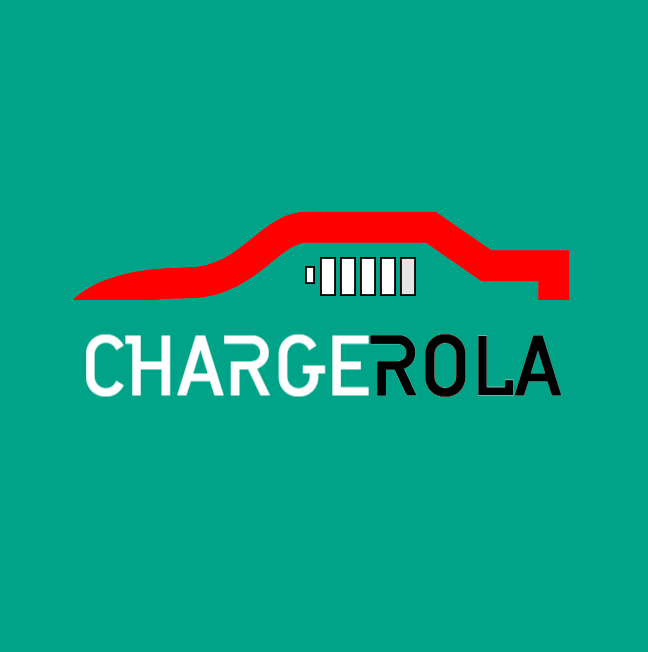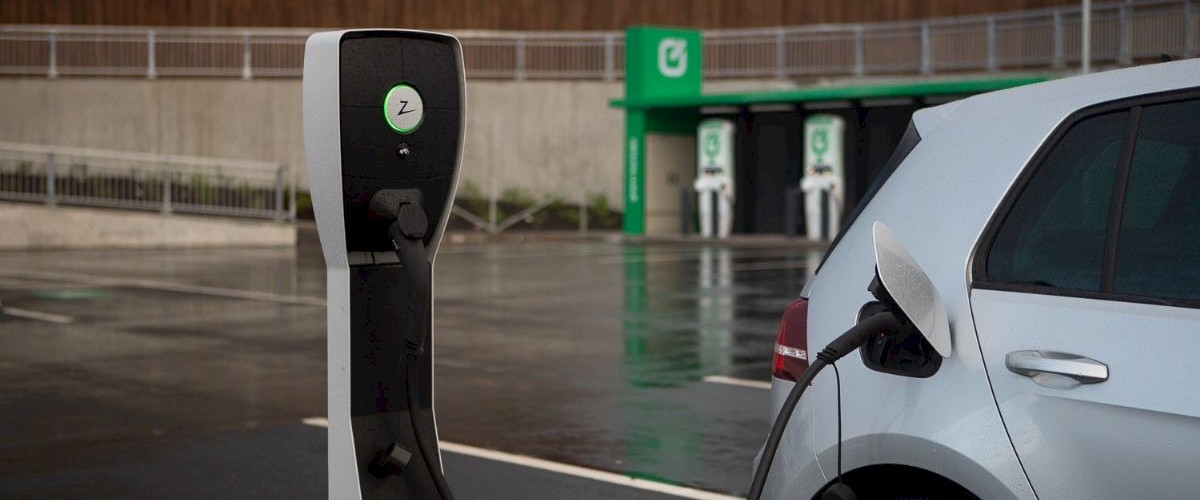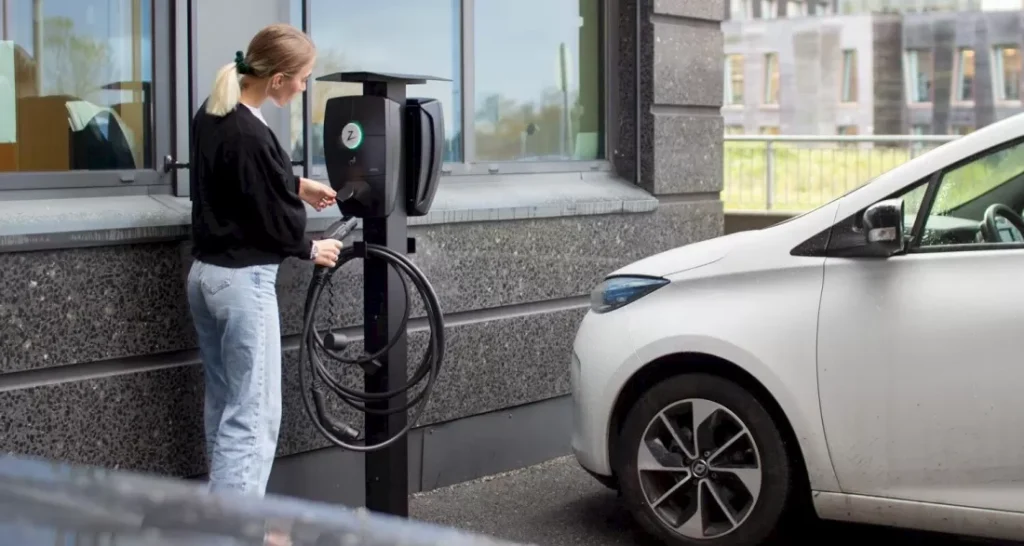
New funding is available to help more businesses install infrastructure and electric vehicle (EV) charge points to get them ready for increasing the number of electric vehicles on their fleet.
One of those funding schemes is the electric vehicle infrastructure grant for staff and fleets which aims to offer financial support to small and medium-sized businesses that are looking to install charging points at their locations.
What is the electric vehicle infrastructure grant for staff and fleets?
The EV infrastructure grant for staff and fleets will offer up to £15,000 of funding towards the cost of infrastructure businesses need for electric vehicle charge points, as well as for installing the chargers themselves.
It has been designed to help businesses plan for the future demand of low emission vehicles by creating investing in infrastructure now that can enable charge points to be installed later on.
Will there be any changes to the EV infrastructure grant in the near future?
The Office for Zero-Emission Vehicles (OZEV) is in the process of testing a new digital service that will simplify the grant application process. It is due to launch for fleets and businesses in autumn 2022, but there is currently an interim manual service that can be used until the new digital service goes live.
OZEV has also added a caveat to the official guidance to say that it reserves the right to terminate the grant at any time but will aim to at least give four weeks’ notice before it does.
Should the grant rate change, or the scheme end, the Government has said it will honour grant claims made before the date of any public announcement.
How does the Electric vehicle infrastructure grant for staff and fleets differ from the Workplace Charging Scheme (WCS)?
The focus of this grant is to help fund the work needed to put in the provision for current and future charge point demand as businesses expand how many electric vehicles are on their fleet.
The Workplace Charging Scheme is just for funding charge point installations and can’t be used for the costs associated with infrastructure.
What parts of the EV charging infrastructure does the grant pay towards?
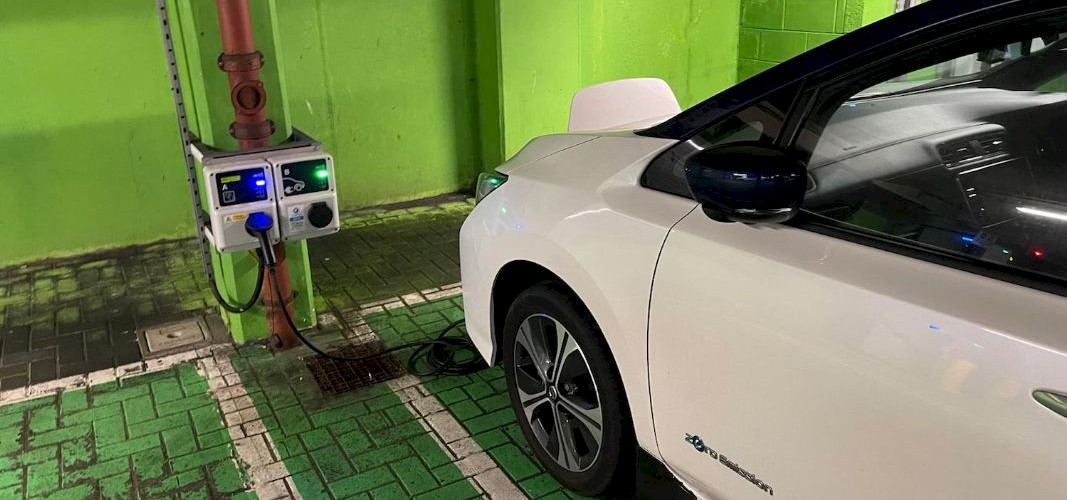
The grant supports the provision of charge points for electric vehicles and future electric vehicle charging infrastructure locations where charge points may be installed at a later date.
A minimum of five parking spaces must be provisioned with charging infrastructure, at least one of which must have a working charge point.
The kind of work covered by the grant includes installing a new electrical connection at a metered electrical supply point, such as a consumer unit or feeder pillar.
Work can also include any dedicated route for electrical cabling, future connection locations and the installation of the charge points themselves.
Contributions towards the charging infrastructure
Businesses can get up to £500 for each parking space that the charging infrastructure will provide a unique charge point socket to, either from installed charge points or those that will be installed at a future date via the future connection locations.
Contributions towards charge points
Companies can get £350 towards the cost of buying and installing each charge point socket provided. This is in addition to the amount available for providing a space with charging infrastructure.
Other costs the grant contributes to
That £15,000 price cap can also cover costs for areas like grid connections, any associated signage, civil engineering works, labour costs for installation, project management and any associated reinstatement work. Costs associated with grid reinforcement are not covered by the funding.
However, the grant does cover the cost of things like putting in Wi-Fi or cellular repeaters to make sure chargers can connect to the internet or 5G.
What is the most I can claim from the grant?
Each grant application can be for up to a maximum of £15,000. The total amount of grant funding available cannot be more than 75% of the cost of the installation of the charge points and infrastructure.
If more charge points are needed in addition to those provided by the infrastructure grant, then the Workplace Charging Scheme can be used.
To qualify for the grant, as a minimum a business would need to provision five dedicated electric car parking spaces with charging infrastructure, and to install at least one charge point socket.
As a minimum example, this installation would provide for a maximum available grant of £2,850.
As a further example, if a company wanted to put in provisions for 10 electric car charge points (one single charge point and connection locations for a further nine) this would result in a maximum grant of £5,350.
If the total cost of the work completed was £6,000, the grant amount available would be 75% of that total, equating to £4,500.
If the total cost of the work was £10,000, the amount of grant available would be capped at £5,350.
Who is eligible for the electric vehicle infrastructure grant for staff and fleets?
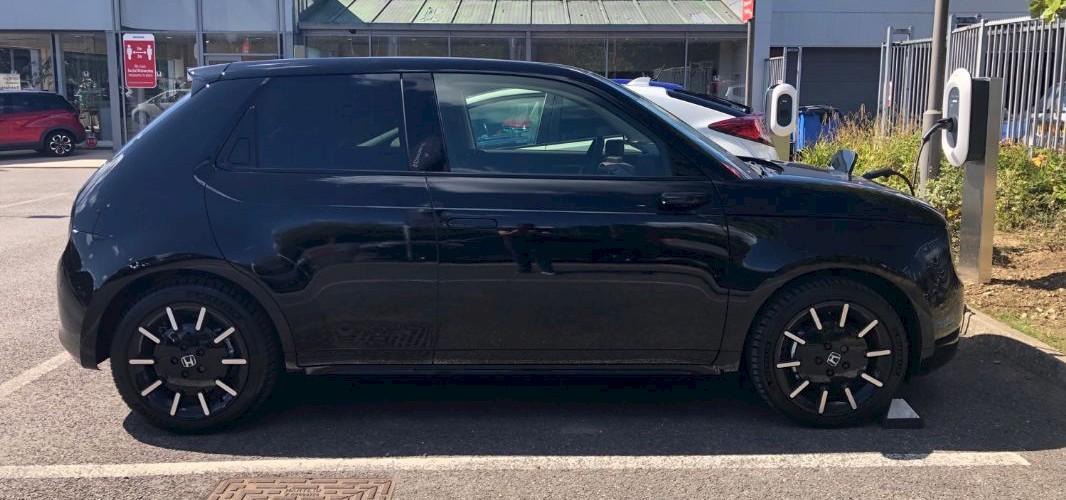
The grant is only open to small to medium-sized businesses with 249 employees or less.
The business has to be registered at Companies House. If it does not have this, it must be VAT registered with HMRC. If the business is not registered at either, it will not be eligible for the grant.
What locations are eligible for the grant?
Businesses applying for the grant have to be in England, Wales, Scotland or Northern Ireland. Unfortunately, the grant does not cover locations in the Channel Islands and Isle of Man.
Businesses need to own the land or have the sole legal right to it.
Where an installation requires cabling or other parts of the installation to be placed in or on another person’s property, or public land, access rights and permissions have to be agreed by all parties using legally binding arrangements, such as legal covenants, before an installation begins.
What are the parking requirements for the grant?
A company’s car park must be private and have at least five electric car parking spaces that are clearly marked.
The parking facilities must be clearly associated with the applicant’s premises and be either on-site or a reasonable distance from the place of work. OZEV has stated this car park can be “continuous or comprise several discrete areas”.
What are the charge point requirements for the grant?
All charge points claimed for under the grant must be on the Workplace Charging Scheme approved charge point model at the time of installation.
Where multiple charge points are installed at a company’s car park, each socket installed must be able to charge an electric car located in at least one, unique and clearly defined parking space.
There needs to be just one charging socket installed for each accessible parking space.
How do I apply for the electric vehicle infrastructure grant for staff and fleets?

Businesses have to register with DVLA using the EV infrastructure grant for staff and fleets registration form.
The company then has to choose an approved OZEV installer and this installer will apply for the grant funding. The installer will then discount the amount of grant funding from the total installation cost.
What you should know before applying for the grant
Before you apply for the grant it’s worth checking all the grant rules and restrictions.
A business can receive up to five grants in total. Each grant must be for a different site that the business owns, leases or rents.
The charge points installed must be exclusively for staff or fleet use.
A fleet can include vehicles owned or leased by the business or vehicles used by a company’s suppliers that are essential to the business function as part of qualifying for the grant. Chargers can be installed for visitor or guest use.
Applicants must be able to provide evidence to verify this on request (for example, details of a parking policy or photographic evidence).
Businesses should consult with their installer to plan what they want to install. This should consider how the charge points will be managed once they are installed, including maintenance and electricity costs.
It’s also worth double-checking that the charge points the business is going to install are OZEV approved.
This includes popular models like the Easee One and Ohme Home Pro.
The full list of approved models can be found here.
Smart Home Charge is an OZEV approved installer and the majority of the charge points it offers are OZEV approved.
One of the important things to note before looking to apply for grant funding is also to make sure any upgrades to the electrical supply are done before. Businesses should contact their distributed network operator (DNO) for this to be done before applying for the grant.
Accessibility needs should also be addressed when installing any EV charge points, particularly for EV drivers who may be disabled of have mobility needs.
Accessible parking bays are often wider, with more clearance around the space and have the charging point in a position that is easier to access.
Can I apply for other electric car grants while applying for the this grant?

As mentioned earlier in this guide, businesses can also apply for funding to install charge points using the workplace charging scheme (wcs).
The WCS is a voucher-based scheme that provides support towards the up-front costs of the purchase and installation of EV charge points businesses, charities and public sector organisations.
The grant covers up to 75% of the total costs of the purchase and installation of EV chargepoints (inclusive of VAT), capped at a maximum of £350 per socket.
There is a cap of 40 sockets across all sites per applicant – for instance, if a business was to install chargers at 40 different sites, the funding would be available for one socket available per site. Or if you had one site, the funding could be used for 40 sockets in one car park.
Businesses can also access the plug-in van and truck grant to help them switch to zero emission vehicles.
The grant will pay for 35% of the purchase price of a small electric van, up to a maximum of £2,500.
Large vans also get up to 35% of the purchase price for these vehicles, up to a maximum of £5,000.
The grant will fund 20% of the purchase price for small trucks, up to a maximum of £16,000.
Businesses can claim a total of 1000 plug-in van and truck grants for their company each year. This limit resets every year on 1 April.
